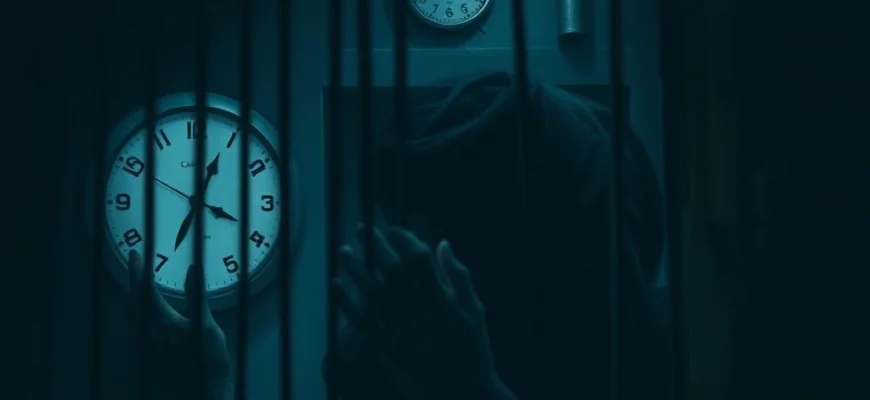If you were captivated by the gripping narrative and intense drama of 'False Freedom' (2014), you're in for a treat. This article explores 10 movies and shows that share similar themes of deception, moral dilemmas, and high-stakes tension. Whether you're a fan of psychological thrillers or complex character studies, these recommendations will keep you on the edge of your seat.
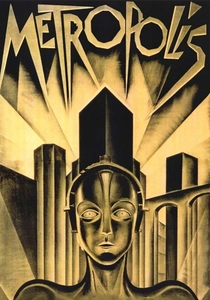
Metropolis (1927)
Description: A pioneering sci-fi film that portrays a starkly divided society under industrial capitalism, with themes of class struggle and the dehumanizing effects of technology.
Fact: One of the most expensive silent films ever made. Its visual style and themes have influenced countless dystopian films since.
 Watch Now
Watch Now 
The Trial (1962)
Description: A surreal and nightmarish portrayal of an individual caught in an incomprehensible and oppressive bureaucratic system, highlighting themes of powerlessness and injustice.
Fact: Based on Franz Kafka's novel. The film's stark, expressionistic visuals amplify its themes of alienation and paranoia.
 Watch Now
Watch Now 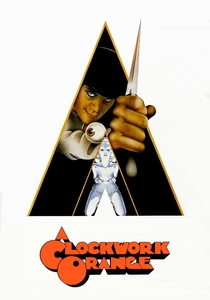
A Clockwork Orange (1971)
Description: A disturbing exploration of free will, violence, and state control, where psychological conditioning is used to suppress individuality and dissent.
Fact: The film's use of classical music juxtaposed with violent imagery became iconic. It was banned in several countries due to its controversial content.
 Watch Now
Watch Now 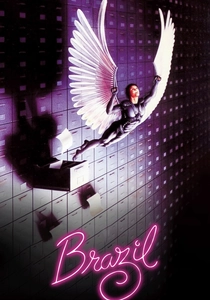
Brazil (1985)
Description: A dystopian satire that critiques bureaucratic totalitarianism and the dehumanizing effects of technology, blending dark humor with a bleak vision of the future.
Fact: The film's title is derived from the song 'Brazil,' which serves as a recurring motif. It was heavily edited for its U.S. release, altering its original tone.
 Watch Now
Watch Now 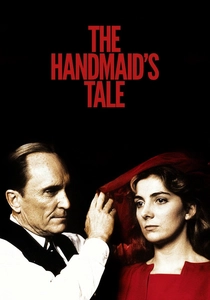
The Handmaid's Tale (1990)
Description: A harrowing exploration of a theocratic dictatorship where women are stripped of their rights and reduced to reproductive vessels, focusing on themes of subjugation and resistance.
Fact: Based on Margaret Atwood's novel. The story was inspired by historical events and regimes, making its dystopian elements eerily plausible.
 Watch Now
Watch Now 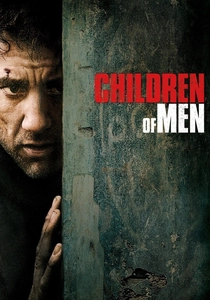
Children of Men (2006)
Description: Depicts a crumbling society under authoritarian rule, where hope is scarce, and individual freedoms are severely restricted, emphasizing themes of resistance and survival.
Fact: Known for its long, uninterrupted tracking shots, which create an immersive and tense viewing experience. The film's dystopian setting was inspired by real-world political and social issues.
 Watch Now
Watch Now 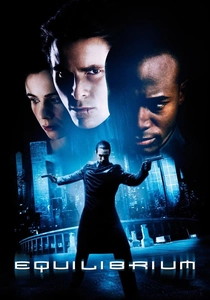
Equilibrium (2002)
Description: A high-concept action film set in a future where emotions are suppressed by a totalitarian government, exploring the cost of enforced conformity and the value of human feeling.
Fact: Features a unique martial art called 'Gun Kata,' blending gunplay with hand-to-hand combat. The film's visual style is heavily influenced by dystopian classics.
 Watch Now
Watch Now 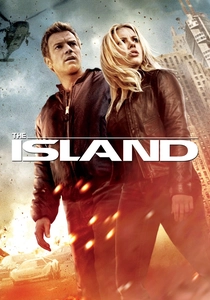
The Island (2005)
Description: A sci-fi thriller that examines the ethics of cloning and the illusion of freedom in a controlled environment, with themes of rebellion against a manipulative authority.
Fact: The film's premise was inspired by real-life controversies surrounding human cloning. Its action sequences were praised for their intensity and choreography.
 Watch Now
Watch Now 
The Lives of Others (2006)
Description: Explores themes of surveillance, control, and the loss of personal freedom under an oppressive regime, focusing on the psychological impact on both the watchers and the watched.
Fact: Won the Academy Award for Best Foreign Language Film. The film's depiction of Stasi surveillance is based on real historical practices in East Germany.
 Watch Now
Watch Now 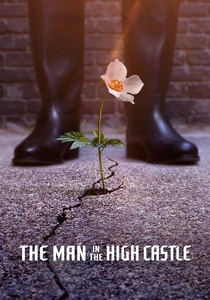
The Man in the High Castle (2015)
Description: An alternate history where Axis powers won WWII, depicting a world under fascist rule, with themes of resistance, propaganda, and the fragility of freedom.
Fact: Based on Philip K. Dick's novel. The series uses subtle visual cues to differentiate between the occupied American states and the neutral zone.
 Watch Now
Watch Now 
